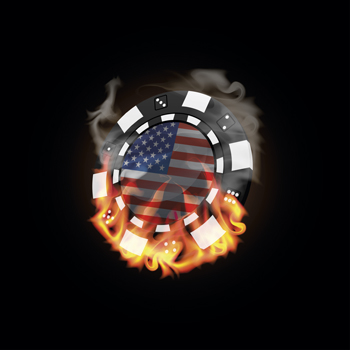Black Friday rocked the i-gaming world. Almost two years on, Jennifer Riddall looks at a chain of events that continues to impact the poker sector and the direction it is now heading.

Poker has long played a significant role in the industry, taking the world of gambling by storm, but the events of April 15, 2011, changed the game forever. More specifically, the American market was, for all intents and purposes, shut down. Only a smattering of sites remained to service the country and even some of those were forced to pull out of the market.
The subsequent indictments of several companies revealed that American consumers are at risk from poorly regulated online poker companies operating abroad. Since then, the industry has seen online poker playing decrease somewhat in the US as fewer sites are operating.
However, as Frank Fahrenkopf, outgoing president and CEO of the American Gaming Association, points out, it is still relatively easy for American consumers to find sites out there: “What we know, above all, is that existing laws aren’t effective enough at laying out the proper protections for consumers with regard to, among other things, keeping minors from gambling online, preventing fraud and money laundering, addressing problem gambling and ensuring players aren’t being cheated.”
In addition, Black Friday left numerous online professionals facing the choice of trying to switch to live, move to a country that permitted the playing of online poker or leave the game altogether. The demise of Full Tilt Poker and its subsequent sale to PokerStars was well publicised, and the likes of Absolute Poker and UB are now extinct along with Doyles Room and Victory Poker, among others. “The sites left in the country were really not enough to sustain the number of pros out there,” remarks US freelance poker writer and blogger James Guill.
This article can be read in full in the issue 1, 2013 of iNTERGAMINGi.

